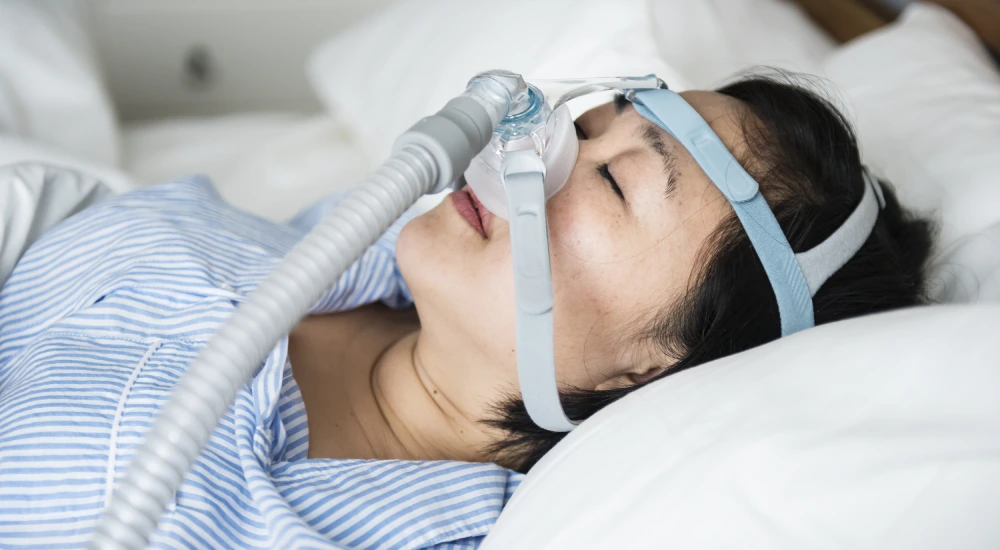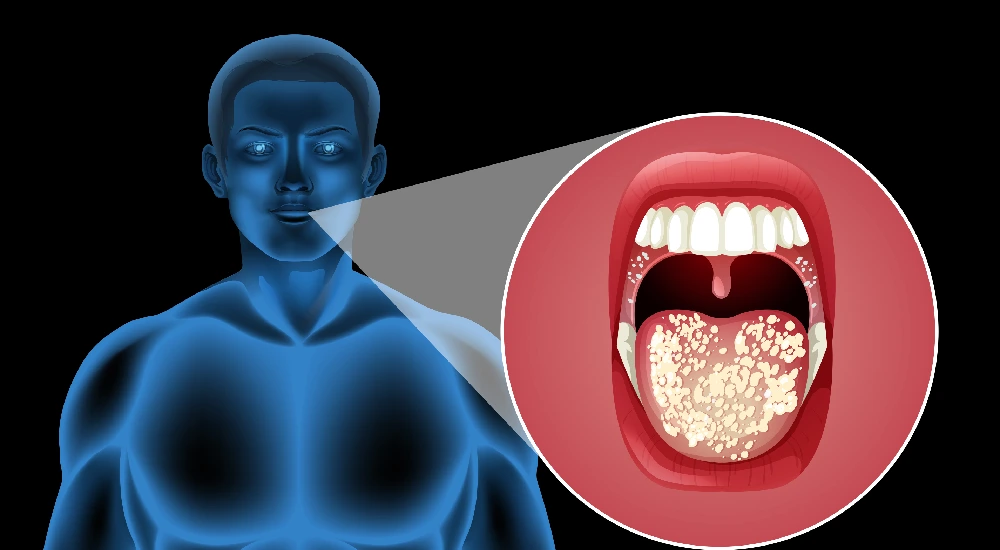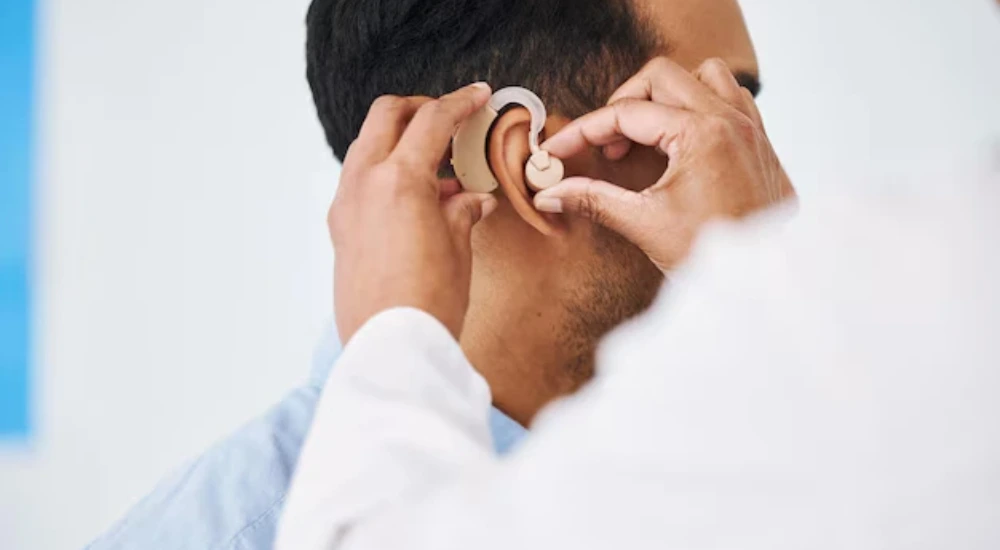
Sleep Apnea: 10 Signs That Might Change Your Life
Do you ever sleep all night only to wake up the next day feeling that you haven't slept at all? Or perhaps you just find yourself struggling all day with a sleepiness that just won't shake off. If so, then you are not alone; quality sleep is a problem for many.
However, could there be more to this problem than a few bad nights of sleep? There's a common but often overlooked condition that penetrates a sleeping person's health: sleep apnea.
But how would you know that you are experiencing it? Here are 10 signs that will help you determine if you have sleep apnea.
What Exactly Is Sleep Apnea?
You might wonder, what is this sleep apnea? To put it in simple words, it is a type of sleep disorder where your sleep is disturbed by brief pauses in breathing. This mostly happens when your airway is blocked or when your brain doesn't give out the signal to breathe.
It may be for a few seconds up to some minutes long and can occur several times during the night. This is not only disturbing to your sleep but also may lead to serious health problems if it is not treated.
Do you want to know about sleep apnea? These may be caused by overweight or even other anatomical reasons.
What Are The Signs Of Sleep Apnea?
Now that you know what sleep apnea is; You might be thinking — “ How to find out if I have sleep apnea? “ The signs of sleep apnea include –
- Loud Snoring - Have you ever woken up with a sudden jerk because of your partner’s snoring? Or, did your partner ever complain to you about it? True, not everyone who snores has sleep apnea, but it is one of the most frequent symptoms. Any loud, chronic snoring with periodic stops in breathing could be a potential problem.
- Gasping Or Choking During Sleep - Have you ever woken up gasping for air because you stop breathing for a few seconds? Such an alarming symptom could mean your breathing is interrupted. It's a wake-up call-literally!
- Too much Sleeping Suring Daytime - Do you frequently feel you just can't keep your eyes open during the day, even after you think you slept well at night? Excessive daytime sleepiness is one of the biggest symptoms of sleep apnea and influences most of your daily life.
- Headaches in the Morning - Waking up in the morning with a headache? This could be a symptom that your body is not getting enough oxygen at night.
- Poor Concentration - Are there times when you are confused or unable to concentrate? Poor quality of sleep often reflects cognitive impairments that cause an inability to focus on things.
- Irritability or Mood Changes - Do you get easily irritated? Mood swings and irritability can also be attributed to various types of sleep problems, including sleep apnea.
- Frequent Nighttime Urination - Do you wake up several times at night for bathroom? This can be problematic, and it truly disrupts your sleep cycle. It is very common in an individual who has sleep apnea.
- Waking With Dry Mouth - Do you wake with a dry mouth? This could be at least partly because you are mouth breathing throughout the night, which happens to many individuals who have sleep apnea.
- Can't Fall Asleep and Become An Insomniac - Do you go to bed fine, but still lie awake? This is very common in a person with sleep apnea. Can't fall asleep or stay asleep? Sleep apnea may introduce a vicious cycle of sleepless nights.
- Recurrent Episodes of Pausing Breath - Do someone close to you say that you stop breathing when sleeping? This is a serious symptom of sleep apnea that demands prompt treatment.
What Causes Sleep Apnea?
Understanding the causes of sleep apnea is really important to continue with the treatment. There are two different factors that cause sleep apnea – Obstructive Sleep Apneau (OSA) and Central Sleep Apnea (CSA).
Obstructive Sleep Apnea is the most common type of sleep apnea arising from factors like obesity, age, gender, physical structure, alcohol and sedatives.
Central Sleep Apnea is mainly caused when the brain fails to send the signal to muscles to control breathing. The causes include heart disorders, stroke or when at high altitude.
What Are The Treatment Options Available For Sleep Apnea?
There are different treatment options for sleep apnea. It includes –
- Lifestyle changes: Try changing your lifestyle like weight loss, positional therapy and avoiding alcohol. What can be better than home remedies?
- Medical Treatments: Consult with your doctor if the lifestyle changes do you no good. The treatment options are Continuous Positive Airway Pressure (CPAP), oral appliances and medications.
- Surgery: If neither of the above is helpful, your doctor might suggest surgery. Worry not! They are simple surgeries. Based on your medical condition, the doctor will provide you with the best treatment available.
Conclusion
Sleep is an essential part of our life. It’s really important to get a good night's sleep. If you notice several of these symptoms, you must seek professional evaluation. Sleep apnea is treatable, and the earlier you take action, the better your quality of life will be.
So, if you or someone you love shows these symptoms, don't wait to seek a professional assessment! After all, good slumber at night isn't a luxury-it's a necessity for a healthy life.
Want to know more? Contact Vikram ENT today!





